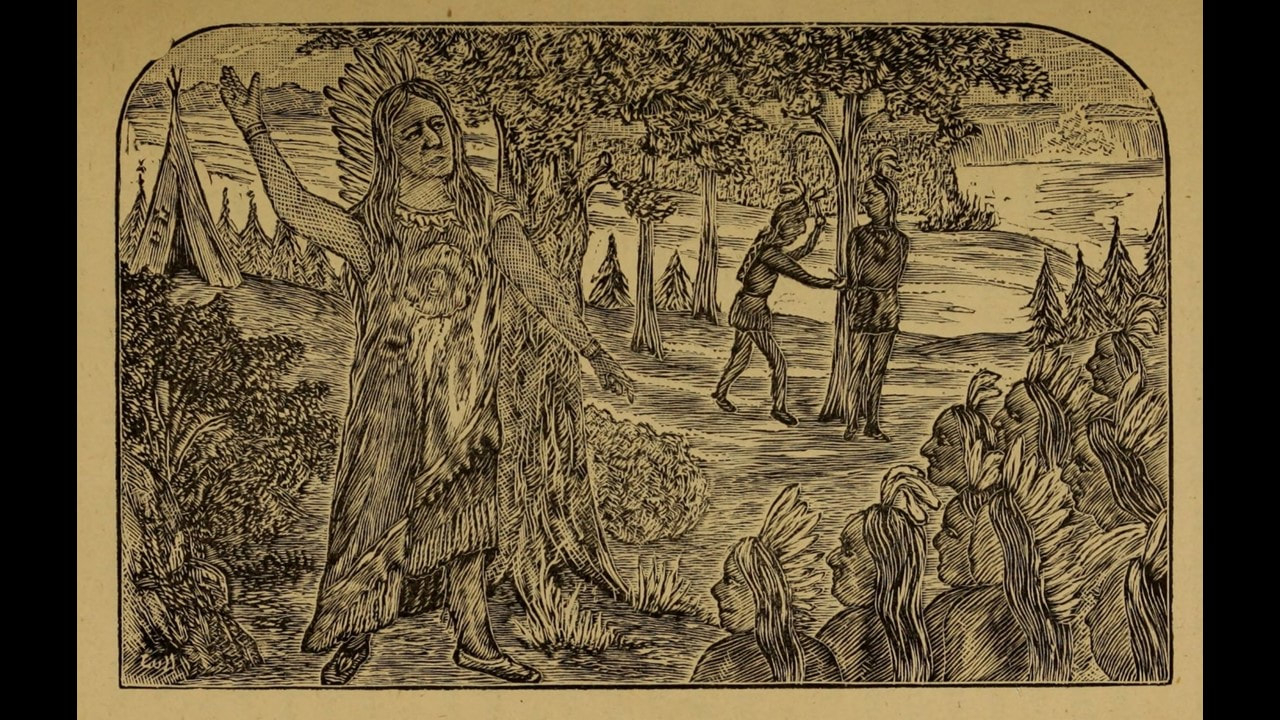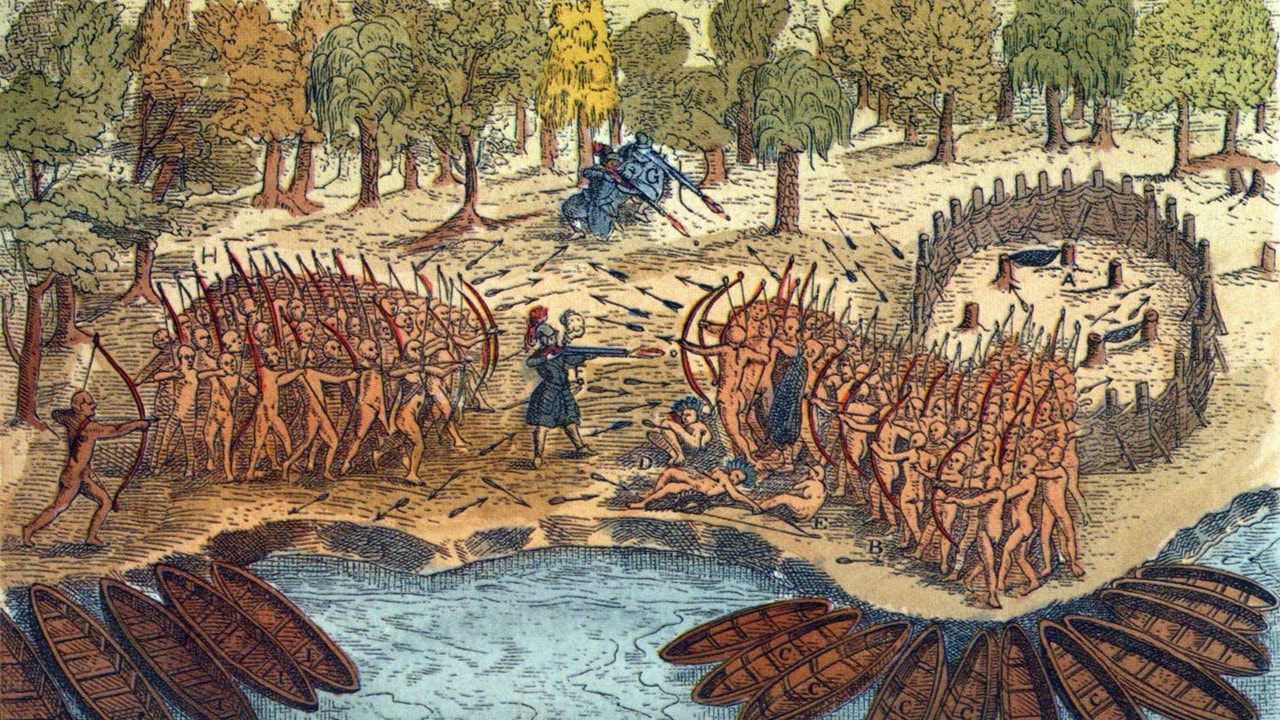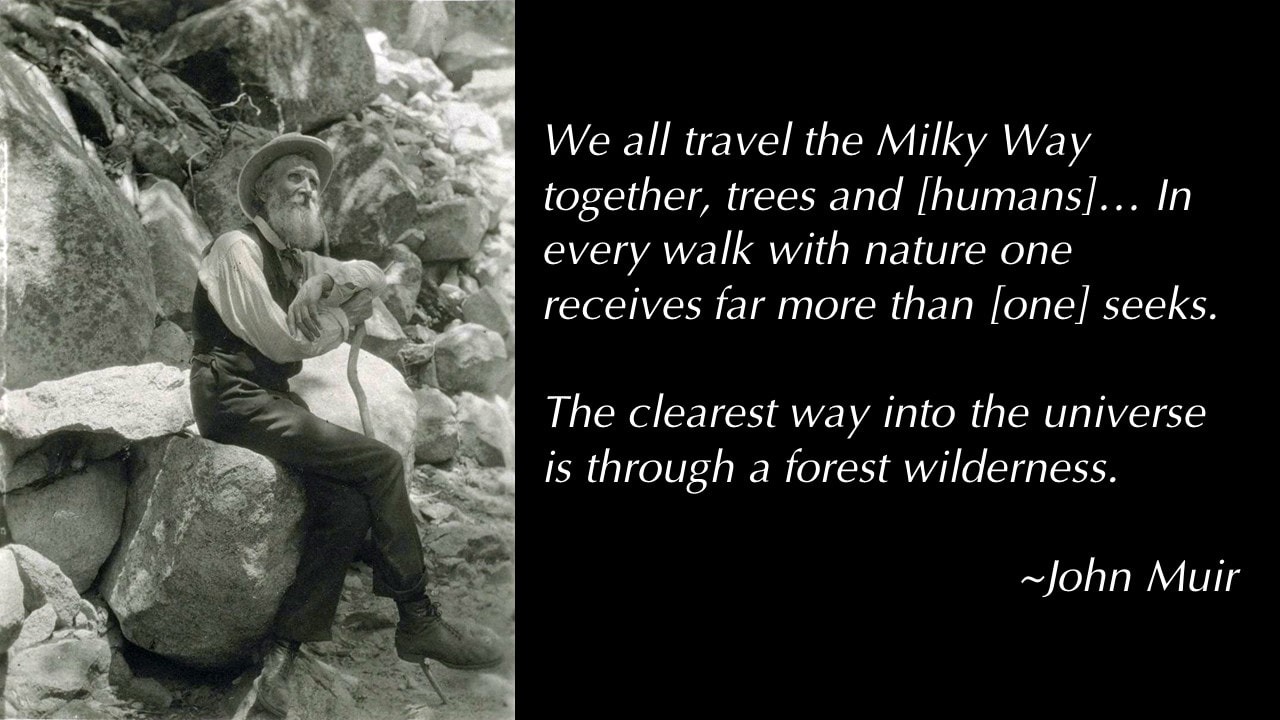Scott AndersonEzekiel 34:11-24 † Psalm 100 † Ephesians 1:15-23 † Matthew 25:31-46
A video version of this meditation can be found here. It’s all hindsight. All of it. No one was doing what they were doing in the story because they thought they were doing it “unto Christ.” They were just doing it. The surprise was that it was, or that it is the Holy One in those who were vulnerable. And everyone was surprised!. Everyone was surprised that this would be the thing that would set them apart—right from left, sheep from goats. When did we see you hungry or thirsty, or a stranger or with no clothes on your back, or locked up?
0 Comments
Scott AndersonIsaiah 5:1-7 † Psalm 80:7-15 † Philippians 3:4b-14 † Matthew 21:33-46
Long before our country was founded, this land belonged to the many indigenous tribes who had lived here for thousands of years. The tribes had their own customs and laws. They were deeply connected to the land and maintained rich wisdom traditions that were lost on the Europeans who came to conquer and colonize to sow a trail of tears through the continent. It is also true, of course, that even before European colonization, they fought one another. They were not unfamiliar with the cycles of violence we often find ourselves trapped in. One of the reasons for the constant conflict was a practice known as “mourning wars.” Tribal people had come to believe that the only way they could ease their pain when someone they loved was killed was to return like for like, to take revenge—to kill people from the offending tribe. Scott AndersonEzekiel 18:1-4, 25-32 † Psalm 25:1-9 † Philippians 2:1-13 † Matthew 21:23-32 Some of the most striking painted rock art in the world is found in the sea caves of Norway’s western coastline. They are located in wild, remote, Arctic areas where peaks plunge into the ocean, hammered by ice and wave actions over millennia. There are twelve such painted caves, containing around 170 simple stick figures, arms and legs stretched wide as if they are dancing or leaping. These are different that the far more common petroglyphs which have been carved into rock here and throughout the world by the ancients. These are paintings, made using iron oxide pigment, daubed using fingers or brushes some two to three thousand years ago by Bronze Age hunter-gatherer-fisher people who made their lives along an isolated coastline. The art that they made was preserved in remote caves in wild places. Scott AndersonIsaiah 56:1, 6-8 † Psalm 67 † Romans 11:1-5, 29-32 † Matthew 15:21-28
*A video form of this sermon can be found here or you can see the entire liturgy here. Is this boy happy? Scott Anderson1 Kings 3:5-12 † Psalm 119:126-136 † Romans 8:26-39 † Matthew 13:31-33, 44-52 The naturalist John Muir once said, It is a powerful sentiment, one that resonates deeply with me, and I suppose is one of the reasons I am drawn to those yearly walks in the woods that I’ve just come back from. There’s something deep to experience. A sensibility, an understanding that words more often than not fail to unearth. But it’s there, beneath the feet. Deep underground, and yet, all around, if we choose to see it.
It hasn’t been a good week, though, for our friend John Muir. Scott AndersonJeremiah 20:7-13 † Psalm 69:7-18 † Romans 6:1-11 † Matthew 10:24-39
A video of this meditation can be found here. The Jeremiah text caught me this week. I’m sure it’s the moment, the week, the flood of events that have turned our hearts and our attention toward realities that have been in plain sight for centuries and yet less noticed by me, a white male with layers of privilege that buffer my experience. Perhaps you too. My mother never gave me “the talk.” There was no need. I remember, in fact, a night in Marietta Georgia while I was a seminary student. Barb and I were out with some friends—a professor of mine, actually and his wife. I was driving. It’s a blur almost 30 years ago now. I took a right, I think. And then flashing blue lights. Then that feeling in the pit of my stomach. We pulled over, and looking back now, it’s almost as if I was possessed. I was obstinate—I mean more than usual, if you can believe that! Rude even, to the officer. I don’t know why. I can’t even explain it. Even in the moment I had the feeling of floating outside of my body, watching myself, unable to control what I was saying. Perhaps I was embarrassed in front of these friends. There’s no excuse for it. Here’s the thing, though. The officer was professional. He responded in measured tones. The encounter ended, and we were on our way. Had a few factors been different, who knows what might have happened? A black mother knows. Many black mothers know all too well. I suspect, Jeremiah knows. …whenever I speak, I must cry out, I must shout, “Violence and destruction! Maggie Breen Exodus 19:2-8a † Psalm 100 † Romans 5:1-8 † Matthew 9:35-10:8 (9-23)
A video version of this sermon can be found here. These are the names of the twelve apostles: first, Simon, also known as Peter, and his brother Andrew; James son of Zebedee, and his brother John; 3 Philip and Bartholomew; Thomas and Matthew the tax collector; James son of Alphaeus, and Thaddaeus; 4 Simon the Cananaean, and Judas Iscariot, the one who betrayed him. Ordinary people. Middle eastern men compelled by the words and the actions of Jesus. Something happens when we say a person’s name. We remember their humanity. Perhaps it’s the names of people we have placed on a pedestal: Andrew, James, Mary, Tabitha. We say their names and we remember – human just like us. Perhaps it’s the names of people brutalized: Emmett, Trayvon, George, Charlene. We say their names and we remember – human just like us. Human with gifts and hopes. Humans: beloved of God. There is a phrase in this week’s gospel that with some other phrases in these sacred texts have been used by Christians over time to set humans apart. Scott AndersonGenesis 1:1-2:4a † Psalm 8 † 2 Corinthians 13:11-12 † Matthew 28:16-20 You may want to grab onto something and hold on for the next couple of minutes. This may be a bumpy ride, but worth it, I hope. We’ve been talking a lot these past few weeks since the death of George Floyd about systemic racism, and systems of oppression and privilege. This language may be new for some of us, and old hat for others, but I suspect it is a value for all of us, every now and then, to remember our story in the United States as one way of understanding these systems that support white supremacy. Here we go.[i] Scott AndersonFlow. That’s the imprecise, yet perfect word that science uses to refer to what happens when you’re in the zone. Dr. Girija Kaimal explains it this way in a recent NPR piece: “It's that sense of losing yourself, losing all awareness. You're so in the moment and fully present that you forget all sense of time and space.”[i] Teresa Platin recommended the article for our fascinating Digging Deeper conversation last Tuesday. She invited us to reflect together about our experience with creativity in these uncertain and stressful times.
Flow. We know the concept, I suspect. It’s not just artists that experience it. Athletes know it, and, writers, and the scientists who coined the phrase. We’ve all had those moments, I suspect, when we are so deeply engaged in something, when all our energy, when body, mind, and spirit are so devoted that we lose track of all time. We become one with the thing. Scott AndersonActs 17:22-31 † Psalm 66 † 1 Peter 3:13-22 † John 14:15-21
If you get the environment right, every single one of us has the capacity to do remarkable things. Not only that, if you get the environment right, good deeds breed good deeds. When the conditions are right, safety, self-sacrifice, mutual love all increase exponentially. Generosity evokes further generosity. We’ve certainly seen that of late with your remarkable generosity toward this community and the church’s work within it. It builds on itself. Advocacy breeds further advocacy. An advocate shapes an environment of mutual support. Advocacy gets the environment right. In John’s story Jesus speaks of the Spirit as an advocate. “If you love me, you will keep my commandments. And I will ask God to give you another Advocate to be with you forever.” Our Christian tradition understands this in a Trinitarian sense—that the Spirit of God in Christ is now with us forever as an advocate—a force of love absolutely and undeniably for us and for our corporate well-being. A force that abides in the very heart of God. |
St. Andrew SermonsCategories
All
|









 RSS Feed
RSS Feed